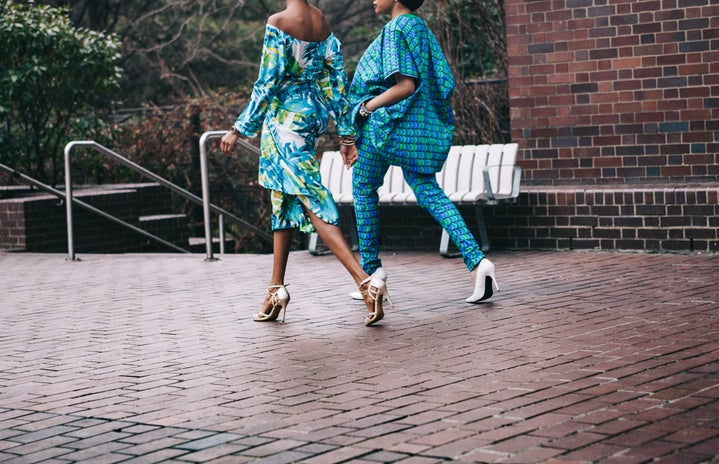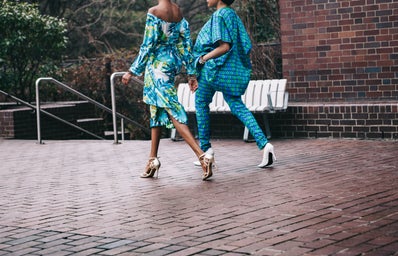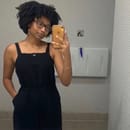What is the true meaning of “Black Pride”, if there even is one? Let’s talk about beauty standards, specifically in the African American and black community. For so long, we have tried to figure out who we are and where we originally came from, but in the process conforming to the masses. So, I ask this question, do we embrace our natural roots or conform to the American standards of beauty?
Starting with slavery, was this the starting point of unknowingness for African Americans? Nonetheless, we’ve had some major defining moments in history to combat our ignorance of who we are. HBCUs are a perfect example; education has always been a prevalent issue amongst the African American community. Secondly, the Harlem Renaissance or the New Negro Movement, if you will, was the epitome of black music, fashion, and art. Even in the late 40’s, African Americans started to have some influence in major league sports, with people such as Jackie Robinson. So naturally, there was an impact on the black community. Then, the 70’s birthed Soul Train, a world-renowned show that was created to celebrate not only black culture, but black people in general. Shortly after the rise of “Black Excellence”, came people like Oprah Winfrey, who paved the way for American Americans in the USA. That is who we are and that is where we come from.
Conforming to American beauty standards (Eurocentric standards of beauty), has been an issue in the black community. When it comes to other race groups, it easier to see people who looked like them in many different roles. Unfortunately, our community has struggled with this. Society continued to show black people in a negative light, until we decided to take it upon ourselves to show our positivity. As a result, the patterns of straightening of our hair, bleaching of our skin, our style, and body modification are all that black people started to develop with our lack of individuality. So, how do we grow from that?
“Say it loud! I’m black and I’m proud!”. We began the black power movement in the 1970’s, and from that point on there was a change that still has an effect today. For the first time, black people had a voice and an identity that we never had before. From the ’70s to now, African American style evolved to something unimaginable to our ancestors. “Black Pride” became a huge deal once the start of the afros came around. Then, there were locs, braids, and twists, all of which enhanced the natural beauty of black people. Even Taylor Abron, a student at North Carolina Agricultural and Technical State University, said “I hated my natural hair until I saw others embracing theirs, and that influenced me to try new things with my own hair” Today’s, “Black Girl Magic” and “Black Boy Joy” movements are two main components of what it means to have black pride. Angelina Caraballo, another fellow student, started, “I love the natural movement, it’s very uplifting and empowering… just to know that you can be your authentic self is great”, and statements like that are why it’s important to be black and proud instead of settling and being ashamed.



